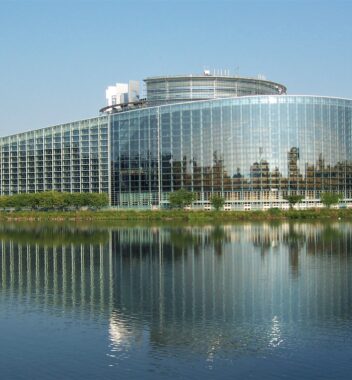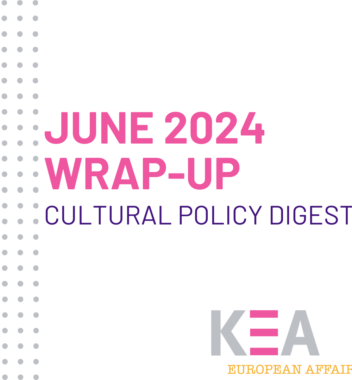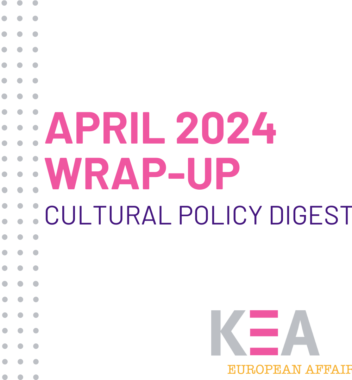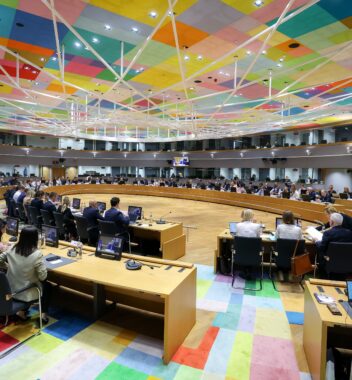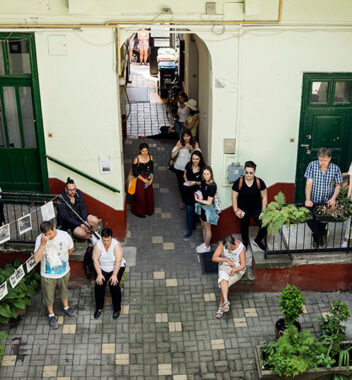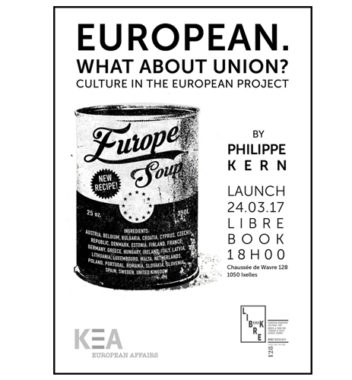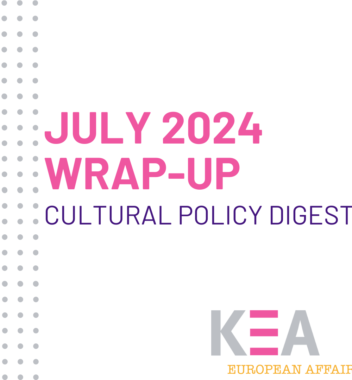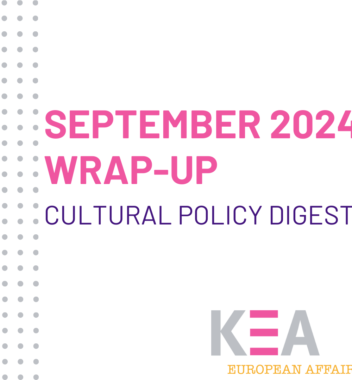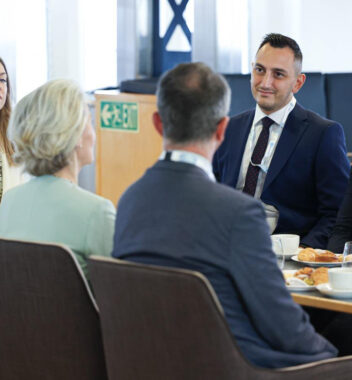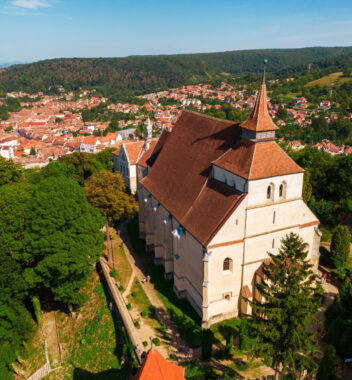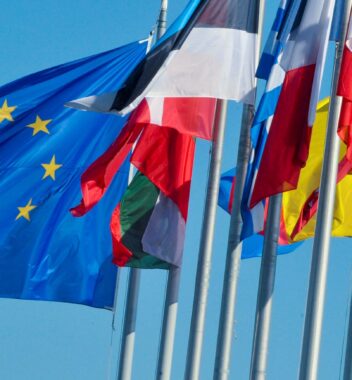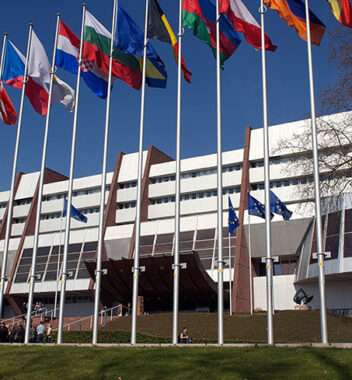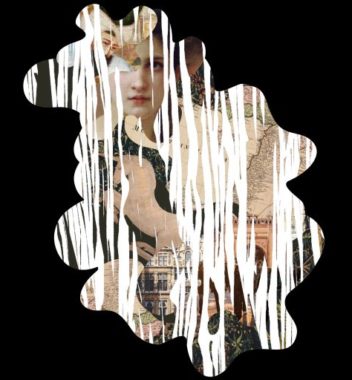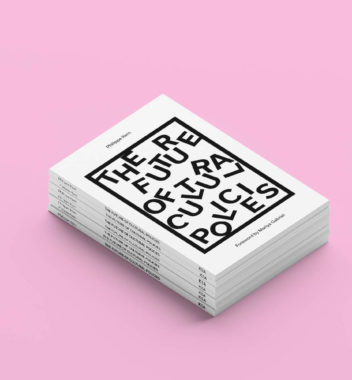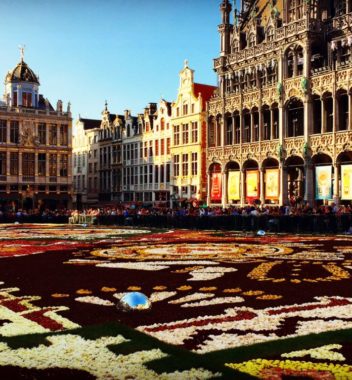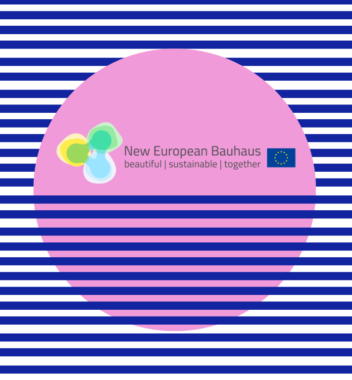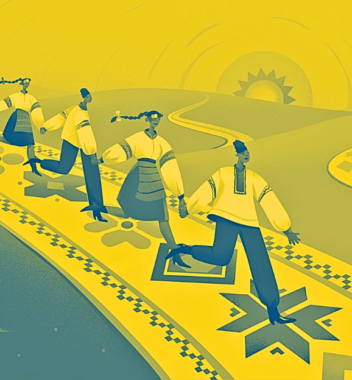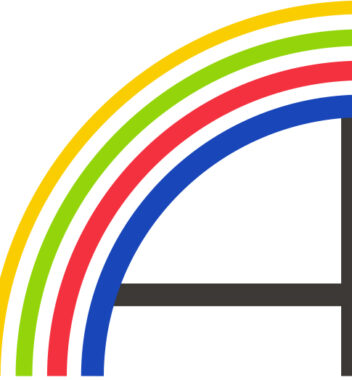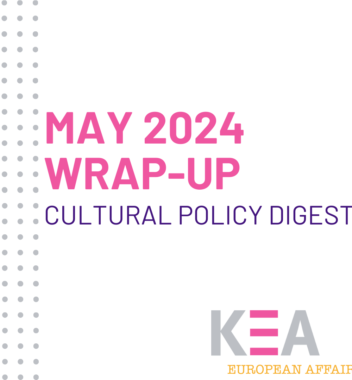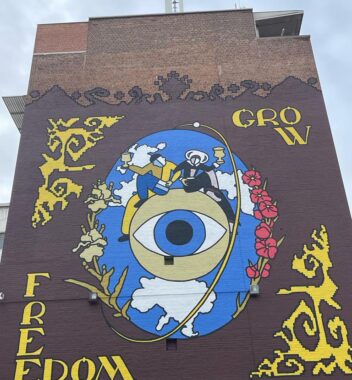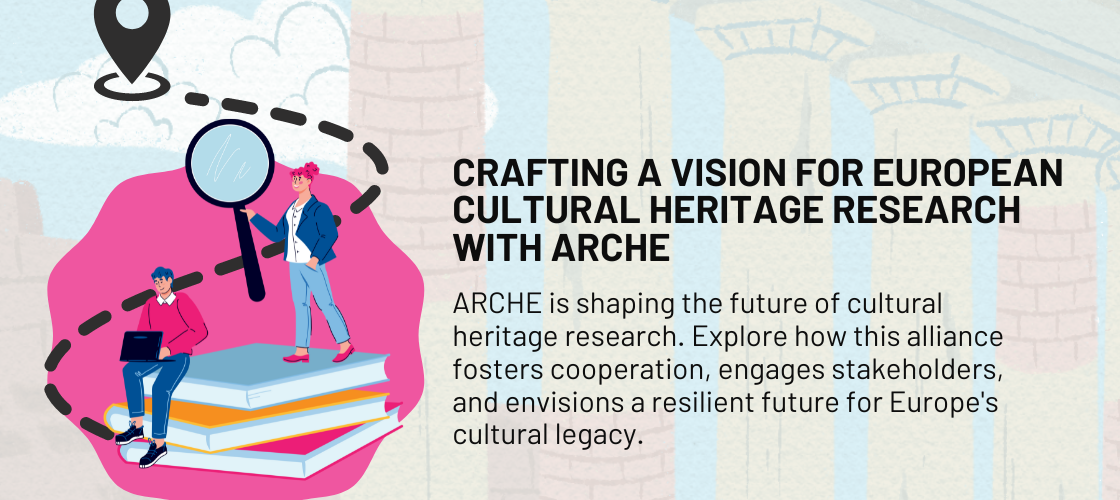
Since September 2022, KEA, as the sole private research centre in the consortium, has partnered in a large Horizon Europe-funded project under the acronym ARCHE, which stands for Alliance for Research on Cultural Heritage in Europe. ARCHE, led by the French Fondation des Sciences du Patrimoine, has 18 European countries on board, represented by 24 public or semi-public institutions that include ministries (mostly of culture, education, or environment), national research funding and promotion agencies, universities and research institutions. Our unique role in the consortium is to establish links between cultural heritage institutions (CHI) and the cultural and creative industries (CCI). So, what is the plan?
We start with the assumption that Europe is Europe, among other things (if not primarily), because of its cultural heritage. Europe is made up of similarities and differences between local groups, regions, and countries, all of which are encoded in its DNA, or in other words, tangible, intangible, and lately also digital, cultural heritage.
The first consequence of this assumption is that the more we know about this DNA, the better we can protect it and the more we can build on it. Hence, “R” for research in ARCHE. But how do we know which research to support as strategically important? This is where the Alliance comes in.
An alliance of partners who, over the three years of the project, will jointly draft the new Strategic Research and Innovation Agenda (SRIA) for implementation from 2025, replacing the previous SRIA 2020.
SRIA is a roadmap outlining upcoming research and innovation efforts focused on preserving European cultural heritage, which also involves collaborating on projects and co-organising calls. As a strategy document, it ensures that big-picture goals are broken down into specific plans with clear, measurable targets. Drawing on the vast wealth of expertise and experience of the ARCHE partners, an in-depth analysis is being conducted, along with a series of consultations and validations, so that the next research agenda is introduced with the involvement of as many stakeholders as possible and with a consensus that it is capable of directing research on cultural heritage towards the sustainable future of the continent.
The SRIA currently in force, known as SRIA 2020, is a steady fundament for drafting its successor. It fosters cooperation across disciplines and promotes basic and applied research to address societal challenges. Public engagement and educational opportunities are prioritised. It revolves around 4 Priority Areas to foster digital innovation in heritage and contribute to the UN Sustainable Development Goals:

Given that the SRIA will be a significant guideline for the funding agencies involved, the creation process aspires to engage the potential highest number of interested stakeholders. The most invested group of stakeholders constitutes public institutions with cultural heritage in their remits, which – owing to ARCHE – can team up and supplement national funding by organising joint calls. Therefore, KEA takes its role seriously as a relay of the process to the Cultural and Creative Industries, which are also primarily involved in utilising and drawing inspiration from cultural heritage (think sustainable architecture, heritage-inspired design and fashion, music and performing arts, artisan crafts and handmade goods or tourism and the whole experience economy). Furthermore, the protection of cultural heritage itself is reinforced through its relevance and dissemination by creative industries. This symbiosis has been ongoing for a long time, and some even claim that the major difference between the creative industry and cultural heritage is time. Therefore, to ensure that the process of writing the SRIA includes relevant stakeholders, CCIs must be involved. Through its involvement in writing methodologies (WP1), dissemination and promotion (WP5), as well as analysis of the future of the Alliance (WP4), KEA is helping to ensure the project’s inclusivity.
The SRIA is a guideline, but the vehicle will be the funds combined with collaboration. Therefore, ARCHE activities include continuous engagement with stakeholders through consultations during the formulation of the SRIA, numerous workshops online and in various locations, including workshops for representatives of the cultural heritage world and for member states and associated countries, as endorsing the SRIA is a matter of international cooperation. Today, we are past the First Stakeholders workshop in Berlin (16-18/04/2024), which substantially focused on “Resilient Cultural Heritage in Times of Climate Crisis” and, at the operational level, aimed to validate the ARCHE Vision and Mission. The thorough process of drafting that includes the position of all stakeholders resulted in the following Mission and Vision:
Vision: By 2040, ARCHE will have created new opportunities for Cultural Heritage research collaboration which will have resulted in the strengthened ability to respond to societal challenges and an improved quality of life.
Mission: ARCHE will co-create multidisciplinary joint research funding actions, knowledge exchange and capacity building activities in order to strengthen the resilience of cultural heritage in Europe during the twin digital and green transition. Through a unique partnership of funding agencies, ministries, researchers, practitioners and citizens, common opportunities and challenges will be addressed, societal resilience will be strengthened and research impact will be scaled up.
One of the tools of implementation is the just-launched Heritage Research Forum, an online tool for exchanging and maintaining contact open to anyone interested in the subject. The forum will serve as a space to cooperate in the framework of SRIA-related thematic groups “A reflective society for a resilient society”, “Cultural heritage facing climate and environmental change”, “Cultural heritage in a changing context” and “Sustainable management of cultural heritage”. The forum is also an excellence source of knowledge, as ARCHE is very productive in terms of publications.
As an alliance, ARCHE is a precursor to something more enduring in the form of a Partnership. European Partnerships are collaborative initiatives between the European Commission and private and/or public entities to tackle significant European challenges through joint research and innovation efforts. They are vital tools under Horizon Europe, significantly realising the EU’s political objectives. By fostering cooperation between diverse partners, these partnerships streamline investments, thus preventing redundancy and enhancing cohesion in the EU’s research and innovation domain. ARCHE aims to form a co-funded partnership, which entails collaboration among EU nations, with research funders and other governmental bodies forming the central part of the consortium. If it comes to fruition, the Partnership may happen with a sufficient critical mass of countries committing to co-funding. This will bring together the European Commission, with the Horizon fund contributing 30% and partnering countries represented by relevant ministries contributing the remaining 70%. All that is to implement the SRIA and support a sustainable and safe future that is well-grounded in the past (and beauty). If victorious, the Resilient Cultural Heritage Partnership will come into effect in 2025; its medium-term impact is expected in 2030 and long-term in 2040, but more about this in another blog post.
The ARCHE project is funded through the Horizon Europe programme of the European Union and lasts from September 2022 until August 2025. The consortium comprises 24 partners from 18 countries. Views and opinions expressed are however those of the author(s) only and do not necessarily reflect those of the European Union or the European Commission.
